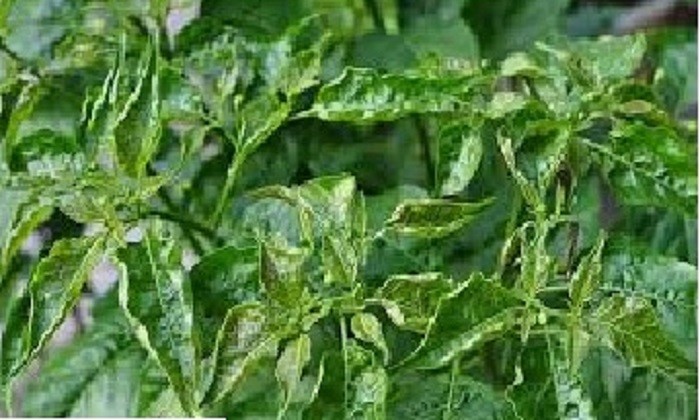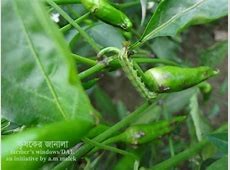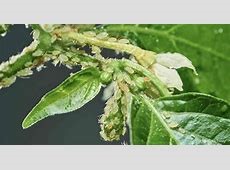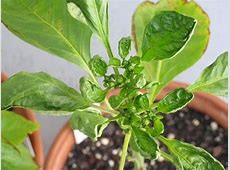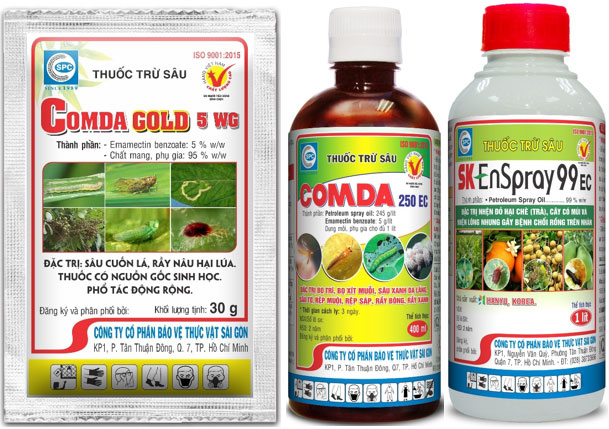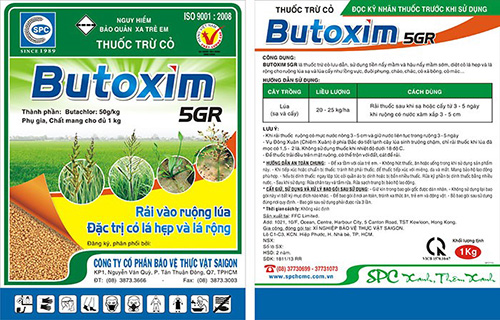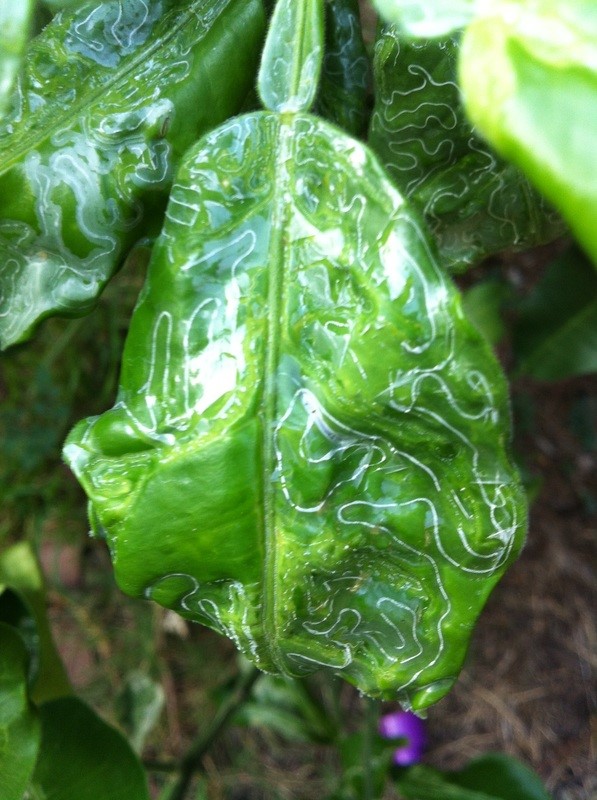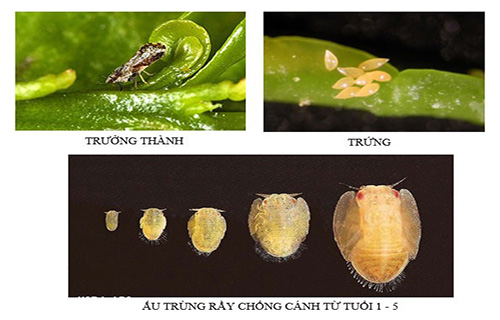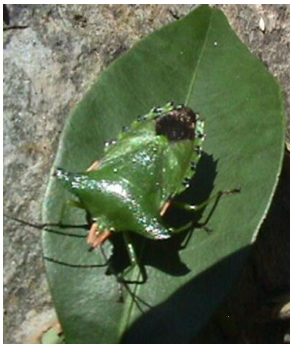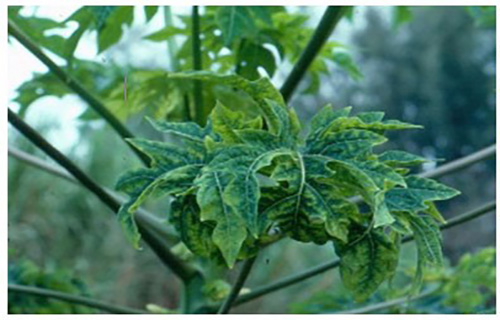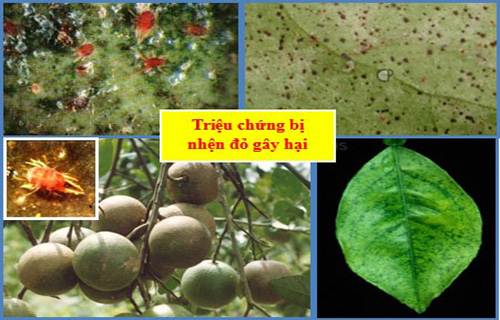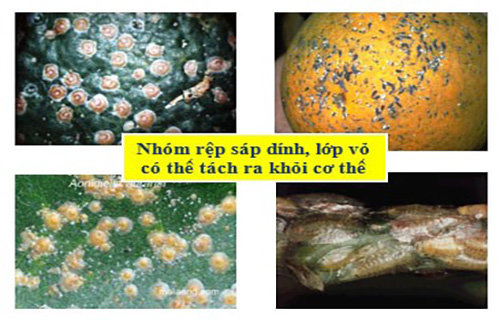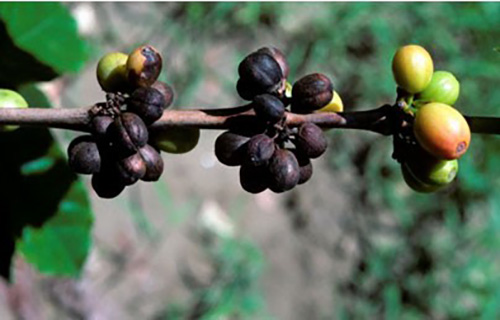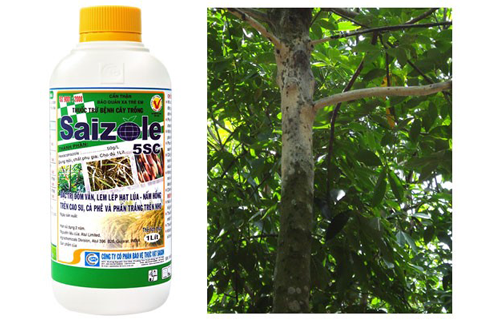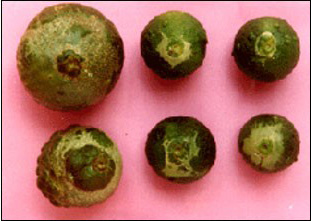|
Insects On Chili
28/09/2021
MSc Huynh Kim Ngoc 1. Thrips Symptoms and harm: Thrips cause damage by using their teeth to tear the leaf cuticle and then suck the sap, making the leaves turn silvery gray or have small brown spots, the edges of the leaves are rolled, if severely damaged, the leaves will dry out and fall prematurely. Cause Thrips are very small in size, but can be seen with the naked eye, thrips have an elongated, pale yellow body, move very quickly, often concentrate along the leaf veins, live and cause damage by stinging sap. Thrips are usually harmful in hot, humid weather. Prevention: When the density of thrips is high (more than 2 heads/leaf), we have to spray special products such as Comda Gold 5WG, SK 99EC Mineral Oil, or combine these two products together. 2. Fruit borer Symptoms and harm: Fruit borers often cause harm when chilis are in the flowering stage and have young fruit, fruit borers often like green fruits and enter from the stalk, worm is droppings often extrude where it is bored, worm holes are very neat. Young fruits are affected by borers often fall prematurely, while large fruits are damaged, reducing the products value. In addition to the fruit, the worms also bore into the flower clusters, causing flower-bearing branches to break, affecting later yields. Harmful agents: The mature chili borer is dark brown, the adult moth is active mainly at night, the eggs are laid one by one, usually laying on the upper surface of the young leaves, after hatching, the larvae creep into the young buds, flower buds, and then bore into the fruit. Usually the larva is 5-6 instars. The pupae are formed in the soil, after about 15 days, the pupae transform into a moth. The fruit borer life cycle lasts about 30 days. Prevention: Worms, once bored into chili, are difficult to prevent, so pay attention to prevent them with the following measures: - Regularly monitor moth is appearance for early prevention. - Chili borers have very high resistance to products, so spraying when the eggs are just hatched, the worms are small, once the worms have bored into the fruit, it is very difficult to treat. About the product, you can use SK 99EC Mineral Oil, spray early when the worms appear, so spray in the cool late afternoon. 3. Aphids: Symptoms and harm: Aphids are very small, soft body, color varies from pale yellow to deep green. Aphids destroy by sucking sap, causing chili plants to shrivel, leaves curl, twist, plants grow poorly, in addition, aphids are also insect vectors that spread viral diseases on chilis. Prevention: - After harvest, plant residues should be cleaned up, if the density is low, it should be removed by hand. - Can spray insecticides such as: Osago 80WG, SK 99EC Mineral Oil, or mix both types together. 4.Spider Symptoms and harm: Spiders damage by sucking sap, causing young leaves to curl, twist, if severely damaged leaves turn yellow, dry and fall. Spider usually live and cause damage on the underside of leaves, concentrated mainly near the main veins. In addition to young leaves, spiders are also found to cause damage on flowers, causing flowers to fall, and damage on chili, causing rough fruit. Spiders can live and cause damage year-round, but are most common when it is hot around February - May.
Prevention: - Do not let the field dry. - When the field is damaged by spiders, you can use special products to treat spiders such as Comda 250EC, SK 99EC Mineral Oil, when spraying insecticides, you should spray thoroughly, spray a lot of water and spray evenly on both sides of the leaves, but mainly spray the underside of the leaves. Periodically spray once every 5-7 days.
|
To prevent, in addition to plowing and burying weed seeds, collecting weed stalks and stumps left after tilling the land to burn, not letting weeds produce seeds in production fields, etc., the use of chemical products is still a measure. optimal because of its ability to thoroughly kill weeds, reduce labor and take advantage of more time than manual weeding.
Miner has the scientific name Phyllocnistis citrella Staint., family Phyllocnistidae, order Lepidoptera. The miner occurs in many countries in the tropics and subtropics. The main host of the miner is the citrus family - Rutaceae. In addition, the miner also attacks mangosteen and some other plants.
Adult is a small planthopper, with a body 2-3 mm long, the whole body is ash gray, slightly greenish, the wings are opaque with many small brown spots.Eggs are oval, 0.3 mm long, have a pointed end and are attached directly to the leaf surface, leaf axils.
Green bugs specialize in the fruit of citrus groups (oranges, tangerines, lemons, grapefruits, kumquats...), some people call them orange bugs, or orange suckers. Their scientific name is Rhynchocoris poseidon or Rhynchocoris humeralis.
In Vietnam, yellow leaf curl disease is very common on papaya trees, especially the disease is often severe in areas of high and continuous planting, areas with hot and arid climates. The disease has significantly reduced the yield and quality of papaya. Gardens that are infected early when the plants are young may not yield. However, up to now, many gardeners still do not know the cause and how to fix it.
Spider mites are common pests on citrus trees, especially in hot and dry climates that are suitable for spiders to grow and cause severe damage.The group of harmful spiders is usually very small in size, unlike the natural enemy spiders.
This group includes species that are generally very small in size, causing damage by sucking plant sap (on leaves, fruits, branches, stems).
There are many species of mealybugs present on the group of Oranges,Tangerines,Grapefruits and Lemons (Citrus), which can be divided into 2 groups:
+ Group of sticky mealybugs with common varieties such as Lepidosaphes, Aonidiella, Coccus and Saissetia.
+ Group of flower mealybugs with common genera and species such as Pseudococcus, Planococcus and Icerya purchasi.
Dry branches and berries disease often appear to be common damage on coffee gardens during the rainy season. The disease causes death of branchs, dry fruit, severely affects the canopy structure and coffee yield if not paid attention to prevention.
Pink disease commonly causes diseases on rubber plantations in the rainy season, especially on garden from 4-8 years old. This year, rubber has to go through a period of severe drought, weakening the tree, so now in tnshe rainy season it is easy to get infected. Therefore, it is necessary to pay attention to good management to avoid affecting the garden.
In recent years, the area of citrus has been expanded because it is a fruit tree with high economic efficiency. However, in order to sell at a high price, not only in quality but consumers also require the external beauty of the fruit, so pest management on citrus is a matter of great concern to farmers. The hot season is a favorable condition for thrips to develop and cause damage, affecting the commercial value of fruit.
- Headquarters
- SAIGON PLANT PROTECTION JOINT STOCK COMPANY
- RQ 1, Nguyen Van Quy St., Tan Thuan Ward, HCM City
- Tax code: 0300632232
- Tel: (028) 38 733 295 - 38 732 077
- Fax: (028) 38 733 003 - 38 733 391
- Website: www.spchcmc.vn - Email: info@spchcmc.vn
- SAIGON PLANT PROTECTION COMPANY
- SAIGON PLANT PROTECTION JOINT STOCK ENTERPRISE
- Lot C1-C3 Hiep Phuoc Industrial Park, Hiep Phuoc Commune, HCM City
- Tel: (028) 3873 4089 - Fax: (028) 3873 4086
- Affiliated Unit
-
- Quick Links
- Home
- About us
- Career Opportunities


